Surprising things people have tried to trademark
Trademark trials
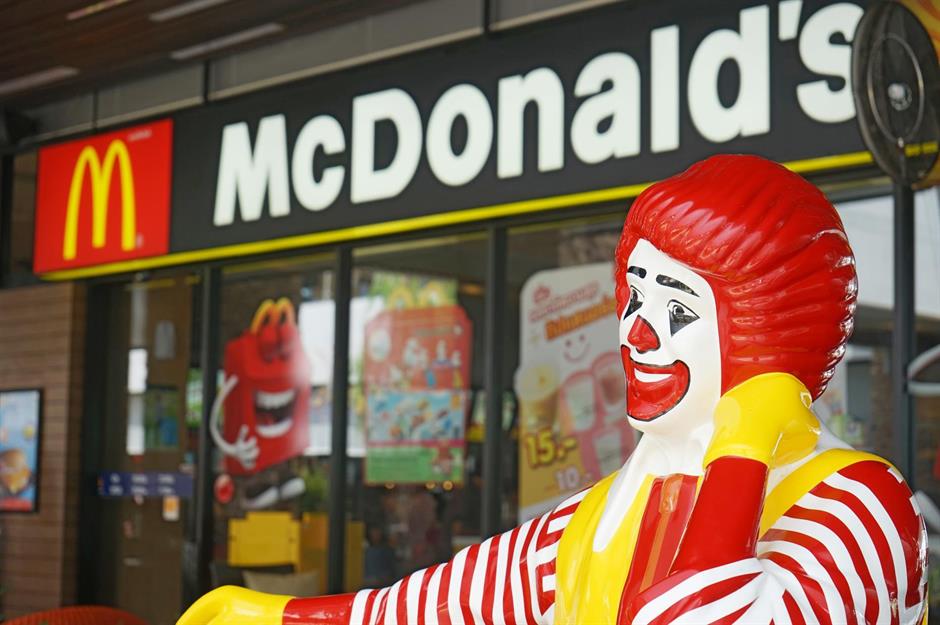
Whether it's to protect their ideas or make money, you'll be amazed by the things people have tried to trademark, from names and logos to an iconic engine sound.
Read on to discover the people and businesses that have engaged in unusual trademark battles and find out if their quests were a success.
All dollar amounts in US dollars.
Michael Buffer's "Let’s get ready to rumble" catchphrase
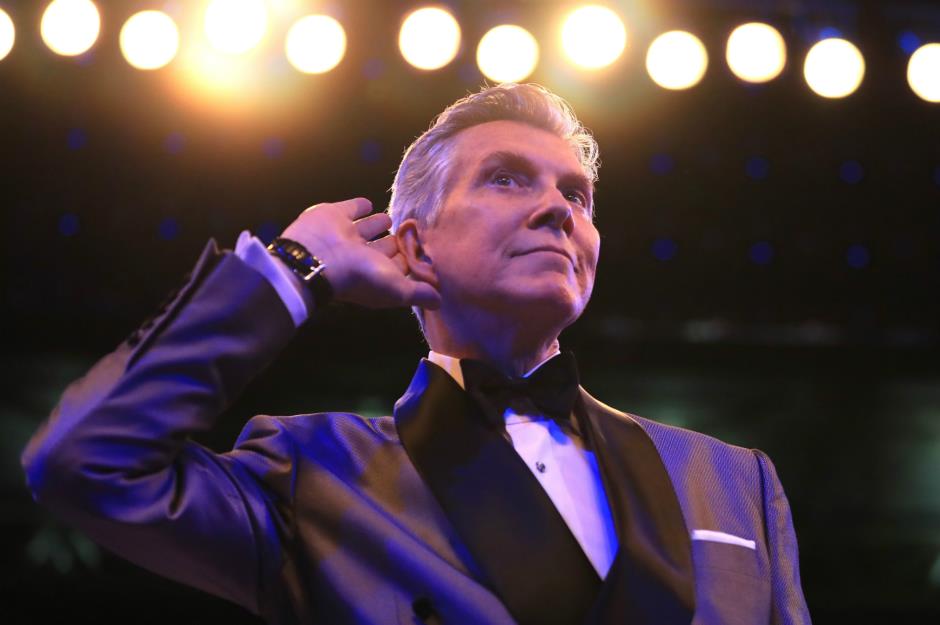
Legendary sportscaster and boxing announcer Michael Buffer has been a fixture of boxing rings since 1982. He shot to fame because of his distinctive style and the catchphrase "Let’s get ready to rumble", which he proclaims before bouts.
The catchphrase was so popular that he acquired the legal trademark for it in 1992.
Michael Buffer's "Let’s get ready to rumble" catchphrase
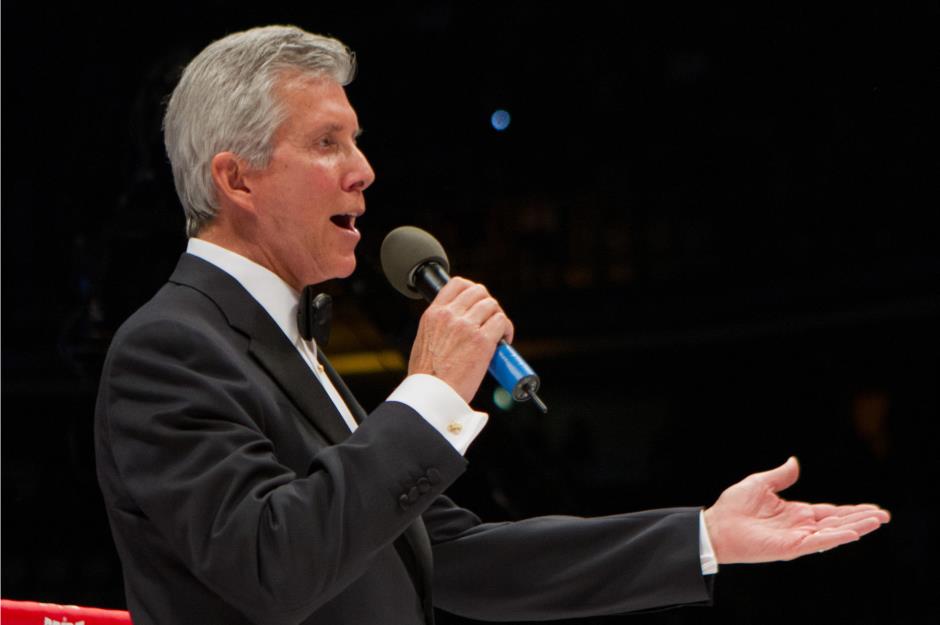
The catchphrase has been licensed for use in several video games and adverts over the years, and has made Buffer millions.
It's been estimated that he earns between $25,000 (£18.8k) and $100,000 (£75k) every time he says the iconic phrase.
Queen of Christmas
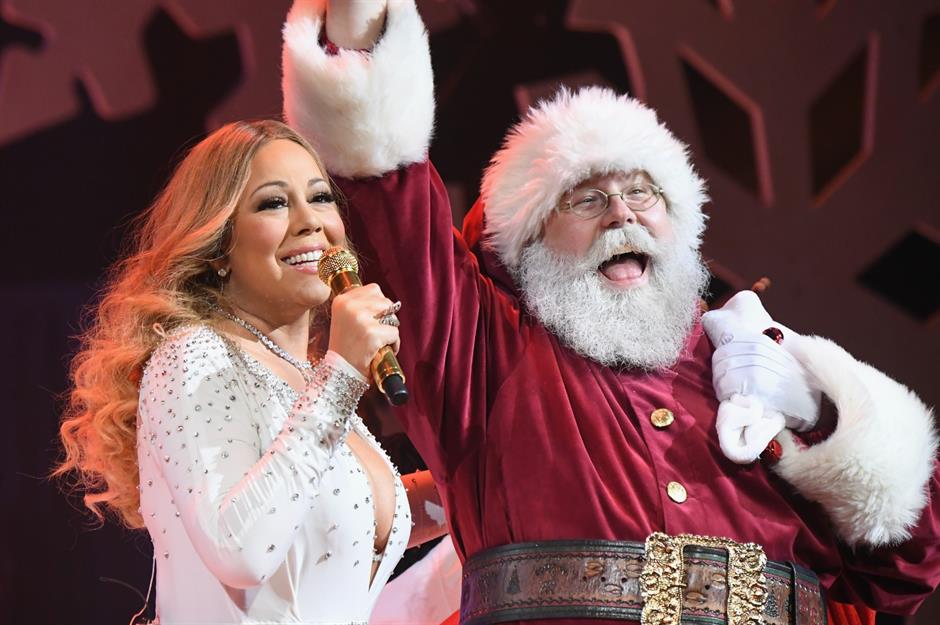
Nothing ushers in the holiday season quite like Mariah Carey’s 1994 hit All I Want For Christmas Is You. And the pop diva attempted to stake her claim to the title 'Queen of Christmas' by trademarking the term in March 2022, along with the terms 'Princess of Christmas' and 'QOC'.
However, Carey’s trademark petition was quickly opposed by Christmas songwriter Elizabeth Chan, who said: "I feel very strongly that no one person should hold onto anything around Christmas or monopolise it in the way that Mariah seeks to in perpetuity. That's just not the right thing to do. Christmas is for everyone. It's meant to be shared; it's not meant to be owned."
Queen of Christmas
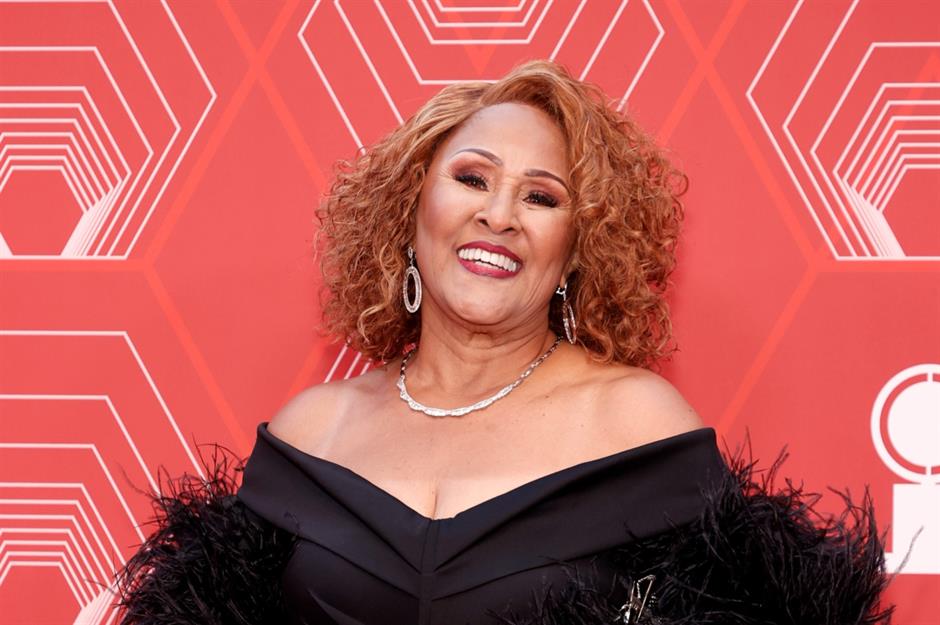
Another star unhappy with Carey’s trademark petition was Grammy-winning singer Darlene Love (pictured), who rose to fame with hits such as All Alone On Christmas and Christmas (Baby Please Come Home).
The veteran songstress posted a feisty statement on Facebook: "David Letterman officially declared me the Queen of Christmas 29 years ago, a year before [Carey] released All I Want For Christmas Is You, and at 81 years of age, I'm NOT changing anything. I've been in the business for 52 years, have earned it and can still hit those notes! If Mariah has a problem call David or my lawyer!!"
On 15 November 2022, the United States Trademark and Appeal Board officially ruled against Carey's application. In response, Elizabeth Chan said: "My goal in taking on this fight was to stand up to trademark bullying not just to protect myself, but also to protect future Queens of Christmas."
Harley-Davidson's engine sound
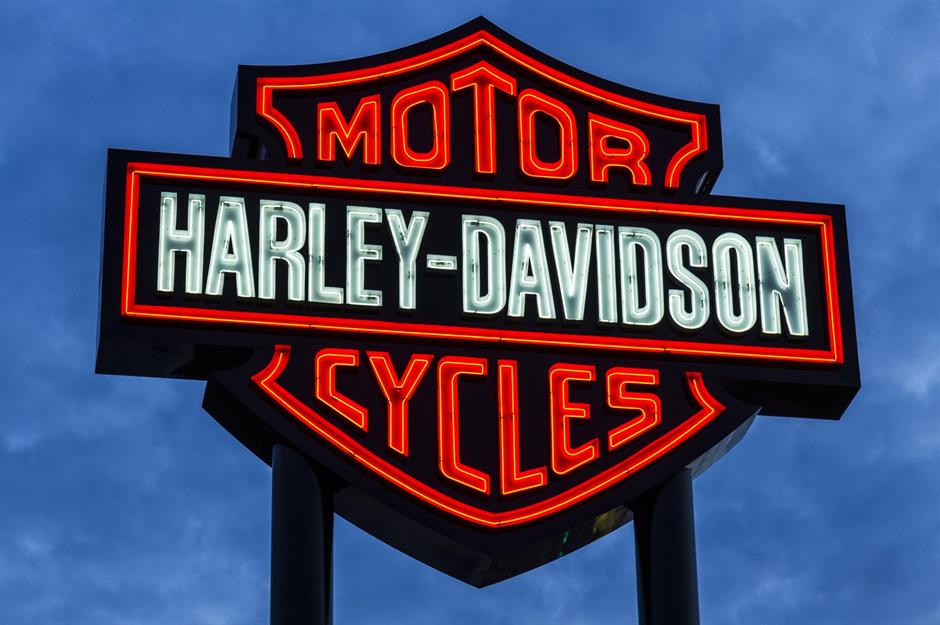
Motorcycle enthusiasts often say that there’s nothing like the roar of a Harley-Davidson hog. The company agreed and, in the late 1990s, tried to protect the sound of its engines roaring into life.
Believe it or not, sound trademarks are fairly big (Nokia owns its famous 1990s ringtone, for example), but notoriously difficult to obtain.
Harley-Davidson's engine sound
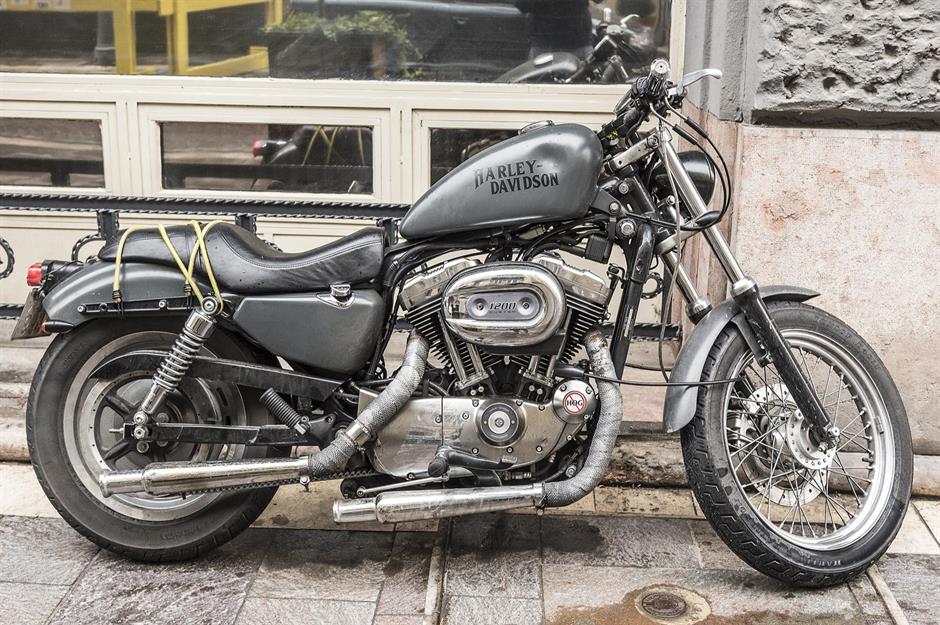
Nine competitors filed individual oppositions to Harley’s trademark registration. This resulted in Harley-Davidson dropping its claim, probably because it would have been nearly impossible to prove the sound was unique to its engines.
Donald Trump’s "You’re fired" catchphrase
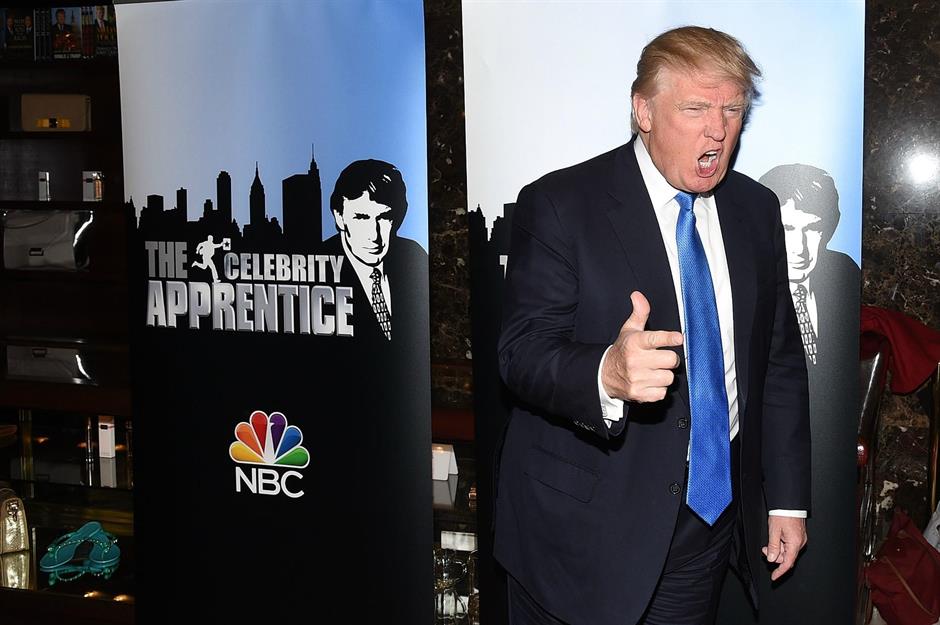
Before Donald Trump occupied the Oval Office as the president of America, he was the leader of cable TV ratings with his show The Apprentice.
His catchphrase for dismissing contestants – "You’re fired!" – quickly gained notoriety and began to appear on merchandising and spoofs.
Donald Trump’s "You’re fired" catchphrase
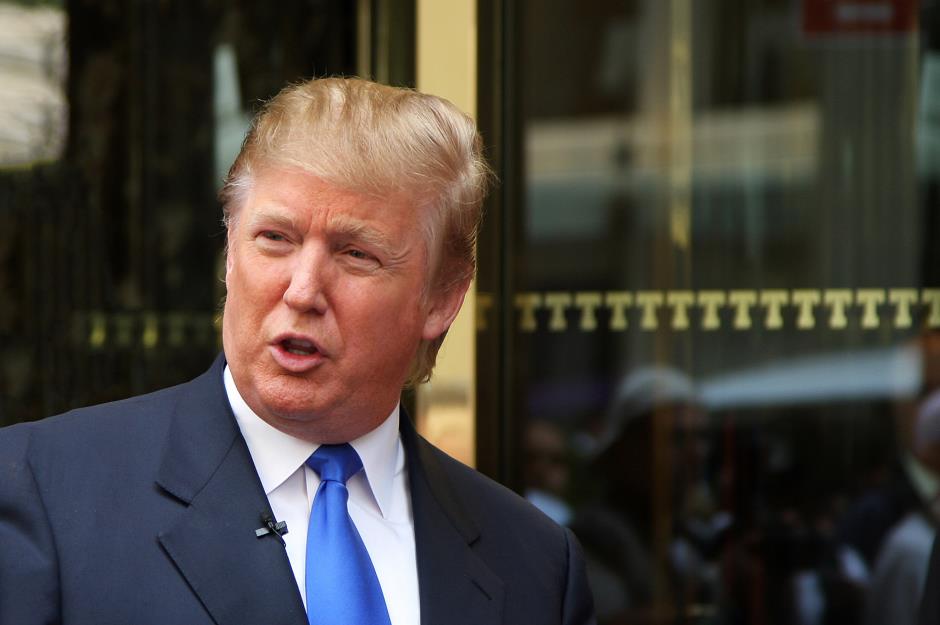
Unsurprisingly, Trump tried to trademark the phrase in 2004 to prevent others from cashing in. But it didn’t work, despite it being one of the most famous taglines of its day, proving just how hard it is to trademark a slogan.
However, a New Hampshire-based pottery company succeeded in trademarking its company name as You’re Fired! LLC.
McDonald’s 'Mc' prefix
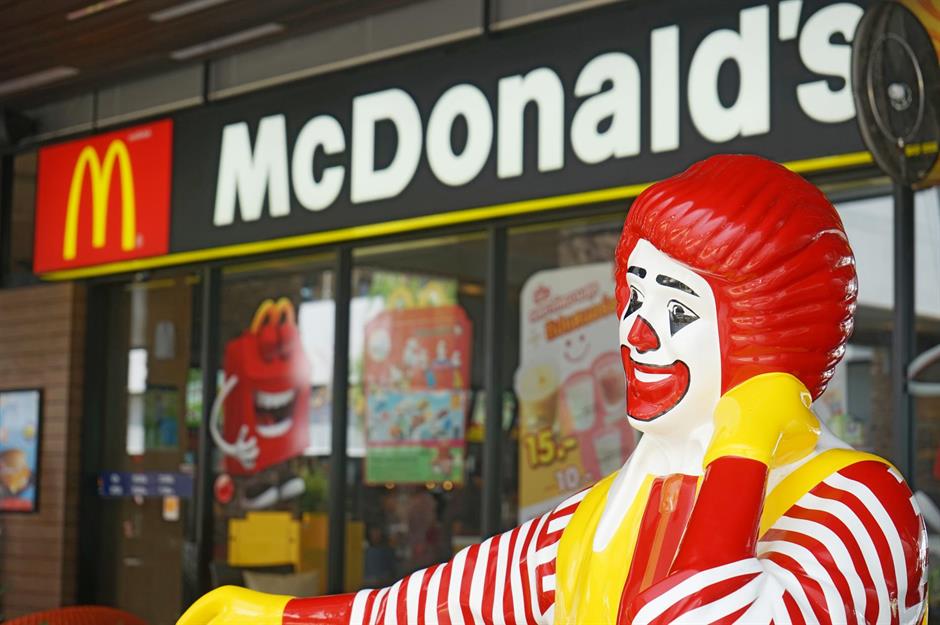
McDonald’s doesn’t actually own the trademark for the prefix 'Mc', but it does own its brand name. The fast-food behemoth opts instead to litigate on a case-by-case basis when it feels another company has gotten too close to its brand.
For example, it was successful when challenging San Francisco-based coffee chain McCoffee, and successfully challenged MacJoy in the Philippines.
McDonald’s 'Mc' prefix
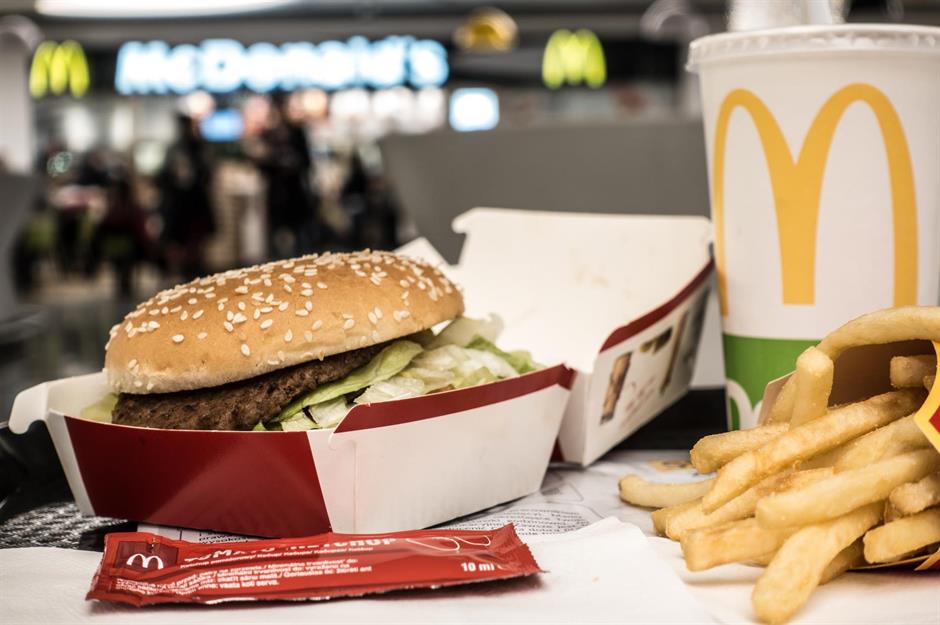
But in 2009, McDonald's lost out to McCurry, a Malaysian fast-food chain, in a battle that lasted over eight years. Apparently, the food served was so distinct that no one would ever confuse the two.
Facebook's 'face'
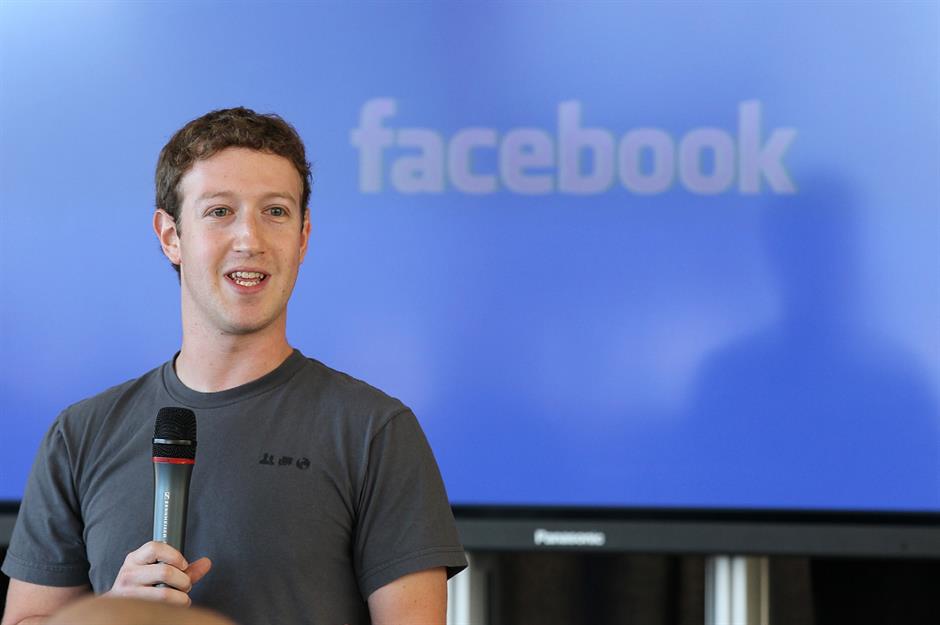
Since late 2010, Facebook has owned the word "face". That doesn’t mean that no one can use the word ever again, but it does mean that other telecommunications companies can't use it in their names or slogans.
Facebook's 'face'
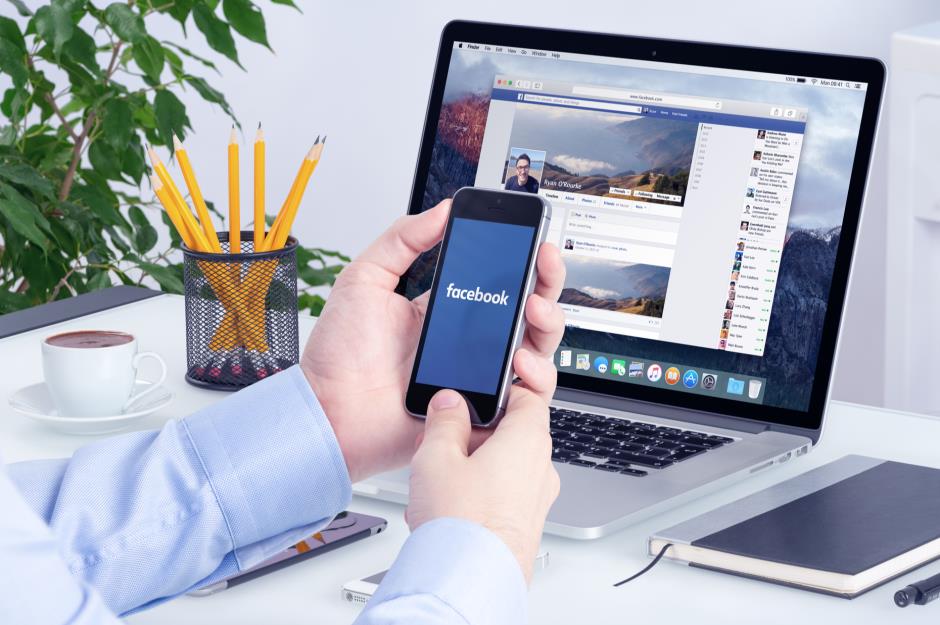
One exception is Apple’s FaceTime, which gained its own trademark for the word 'facetime' as a whole in 2010.
Paris Hilton's "That’s hot!" catchphrase
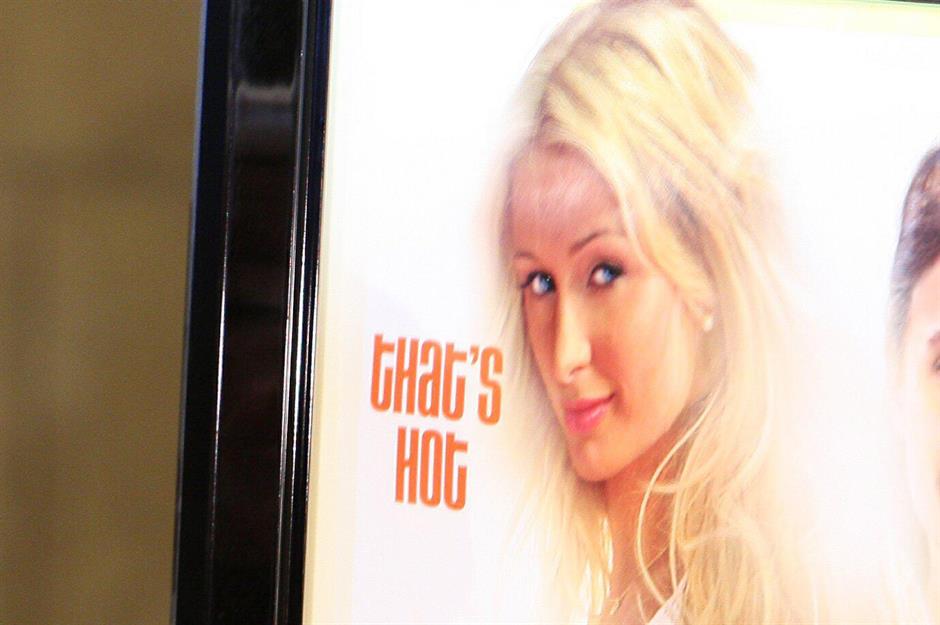
In 2007, Paris Hilton was arguably one of the most famous women in the world thanks to her show The Simple Life and her penchant for publicising her personal life. She trademarked her catchphrase “That’s hot!” early on in her career to capitalise on her exposure.
Paris Hilton's "That’s hot!" catchphrase
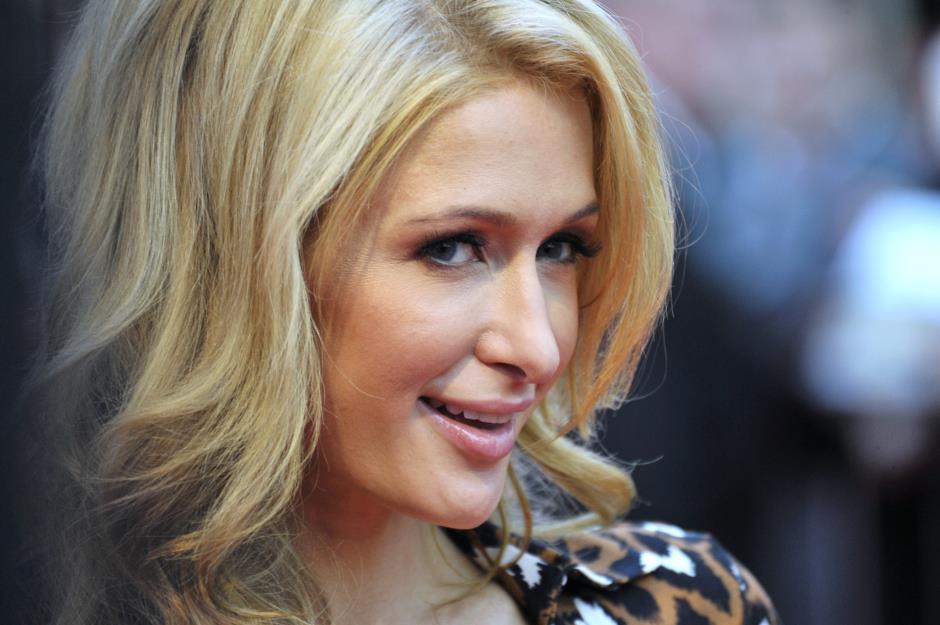
But Hallmark Cards took no notice and printed a card featuring a blonde character in pink, exclaiming the catchphrase. Hilton didn't hesitate to sue, and Hallmark was forced to settle in 2010 for an undisclosed sum.
Walmart's smiley face
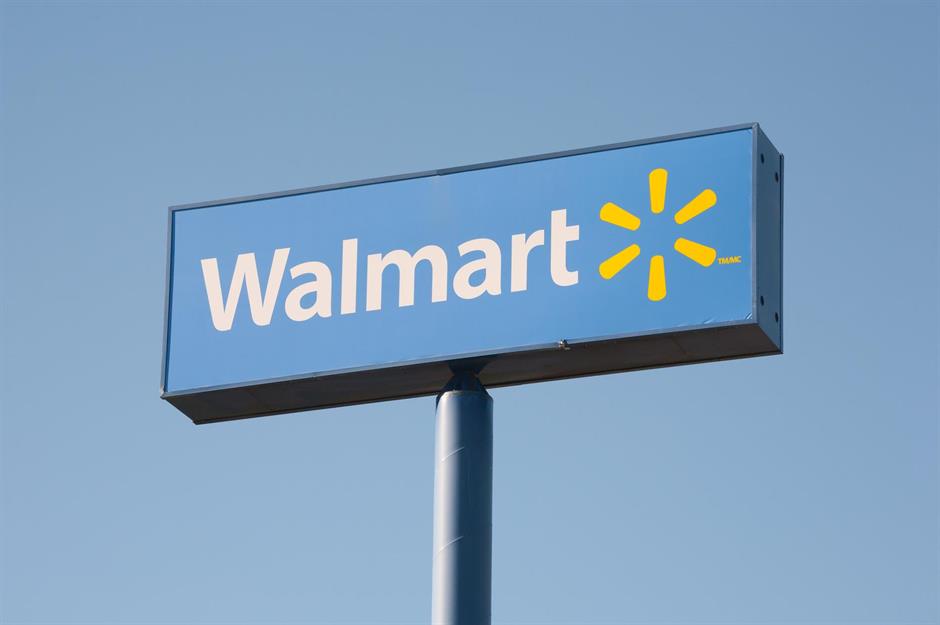
The yellow smiley face icon had been a huge part of the Walmart brand identity. But in 2006, the goofy yellow guy mysteriously disappeared from stores and adverts.
That’s because Walmart was locked in a legal battle with Brussels-based The Smiley Company, which claimed to have invented the Smiley Face in 1972.
Walmart's smiley face
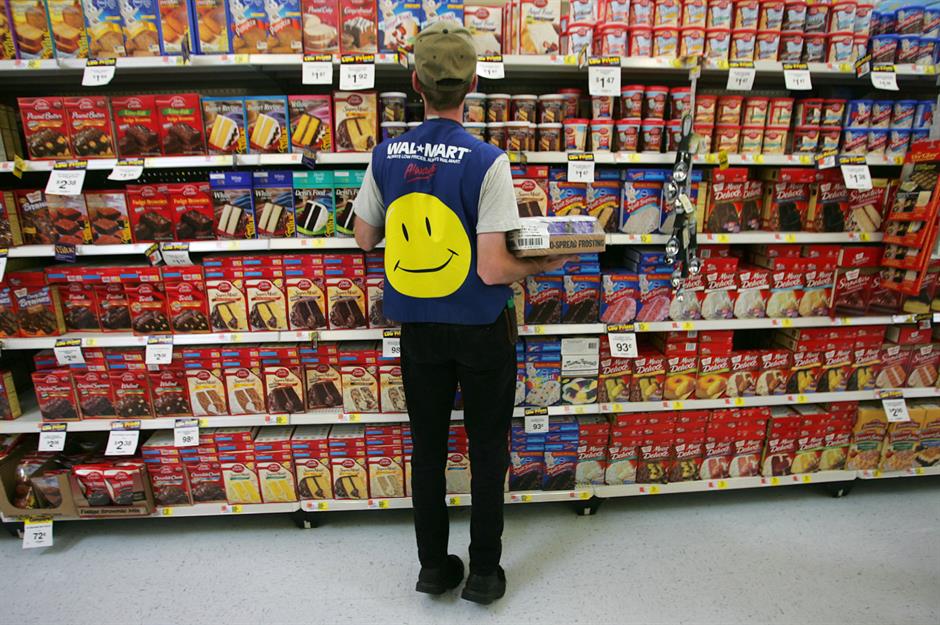
Both Walmart and Franklin Loufrani, founder of The Smiley Company, sued each other in US courts for years until they reached a settlement in 2011.
Details have never been disclosed, but a Walmart spokesperson declared, "We own the trademark", and Smiley returned to the shop floor.
Subway's 'footlong'
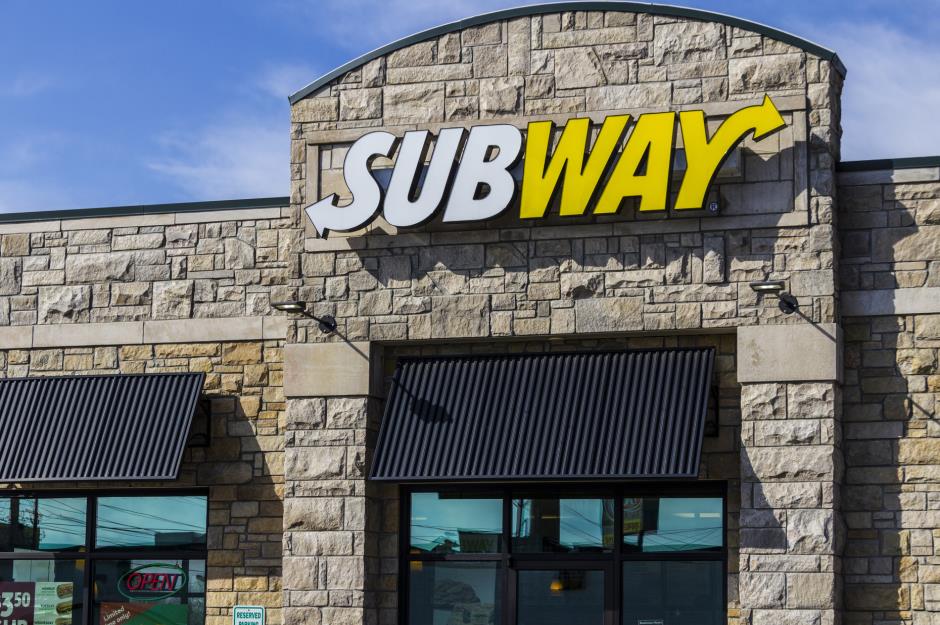
Subway is one of the biggest fast-food chains in the world and has built its reputation on its large and inexpensive subs. It’s no surprise, then, that it attempted to protect the term 'footlong' for its largest and most famous sandwich...
Subway's 'footlong'
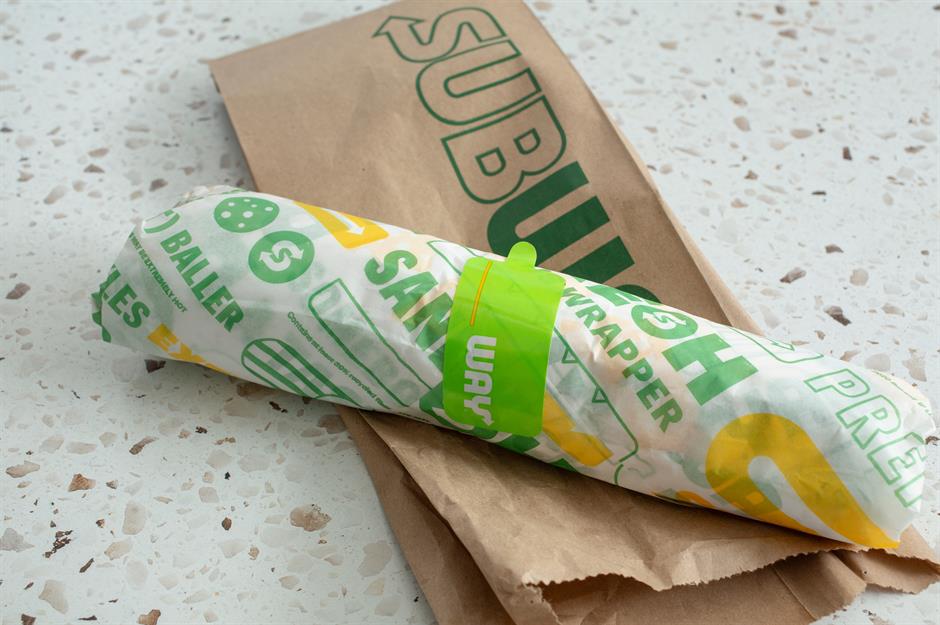
However, other smaller chains appealed, and in 2013 the trademark was thrown out when a judge deemed the term 'footlong' to be too widely used in the food and restaurant industry to justify a trademark for Subway.
Gareth Bale's heart celebration
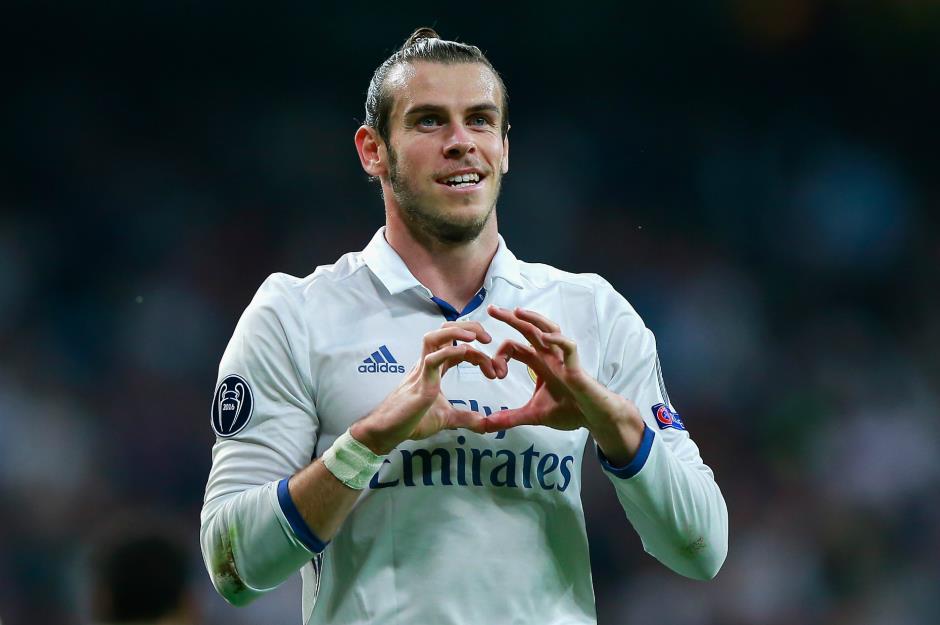
Gareth Bale enjoyed a long and lucrative soccer career, scoring a lot of goals in the process. In order to capitalise and grow his brand, in 2013 Bale successfully applied for a trademark for his '11 of Hearts' hand celebration – 11 being his shirt number.
Gareth Bale's heart celebration
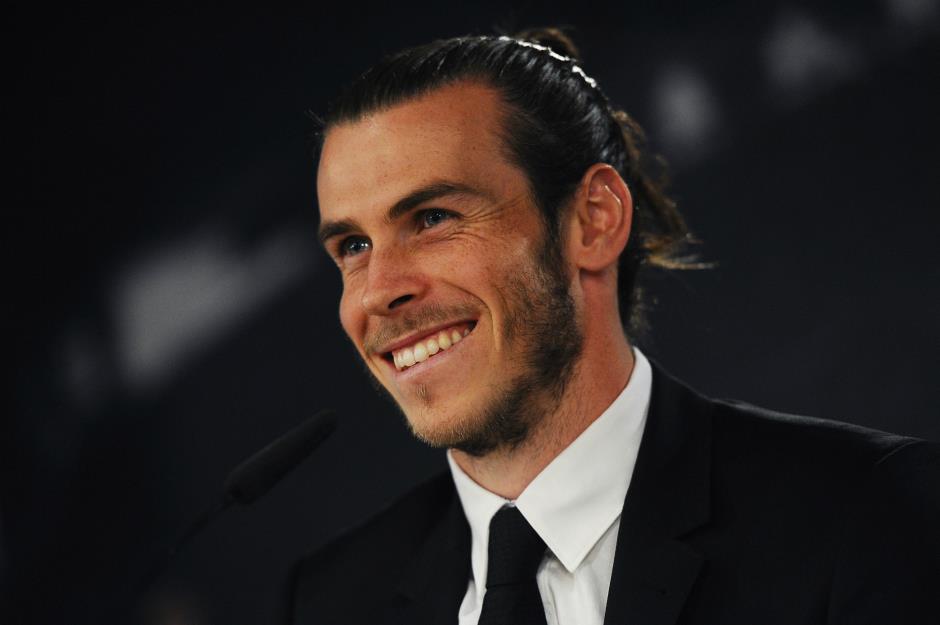
However, contrary to reports at the time, he didn't actually get rights to the gesture itself. The '11 of Hearts' trademark he received is an image of his gesture that could be used on "shoes, hats, bags, umbrellas, and jewellery". It reportedly brings in millions every year for Bale.
Apple's App Store
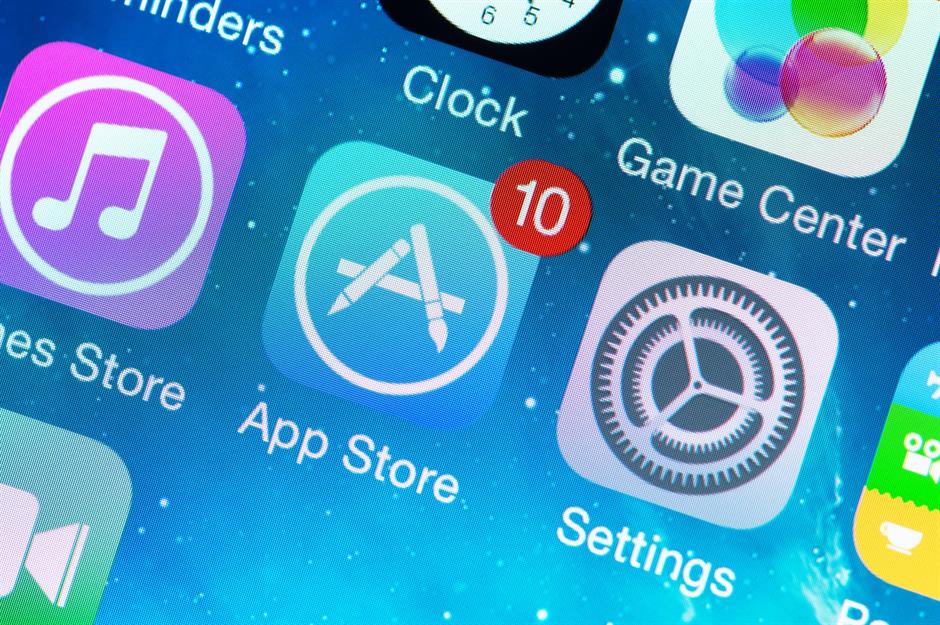
Apple is known for not being slow to take competitors to court and, true to form, it battled it out with Amazon for over two years over the use of the term 'App Store'.
The suit was first filed in 2001, when Amazon had the temerity to name the facility that sold apps on Android the 'Appstore'. Apple claimed that this was an improper use of its trademarked 'App Store' terminology.
Apple's App Store
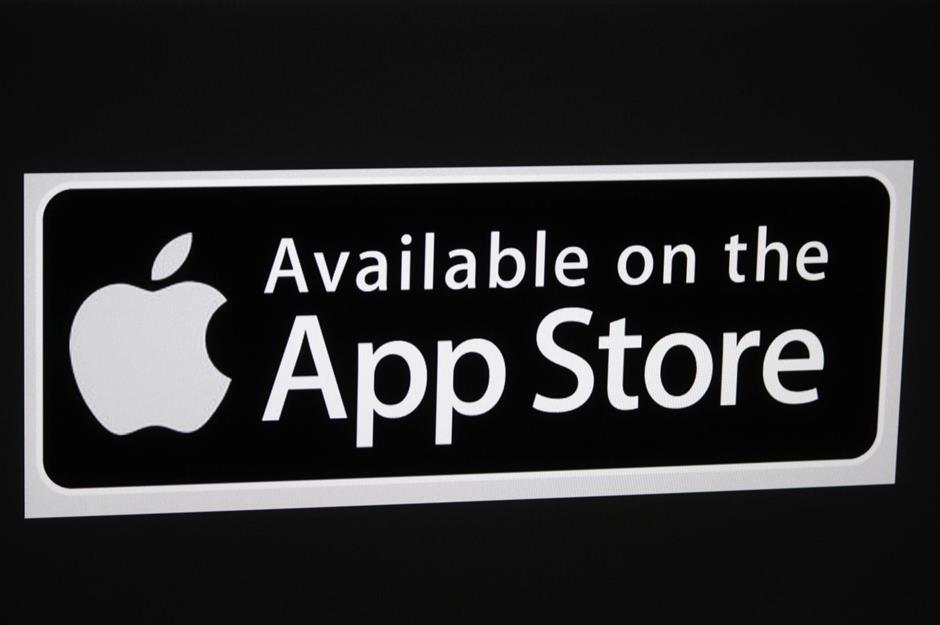
After a judge denied a request for an injunction that would legally bar Amazon from using the name, Apple continued to fight it in court until it decided to cut its losses in 2014.
Apple claimed it chose to drop the case because its App Store brand had grown strong enough not to require additional legal protection.
Taylor Swift's lyrics
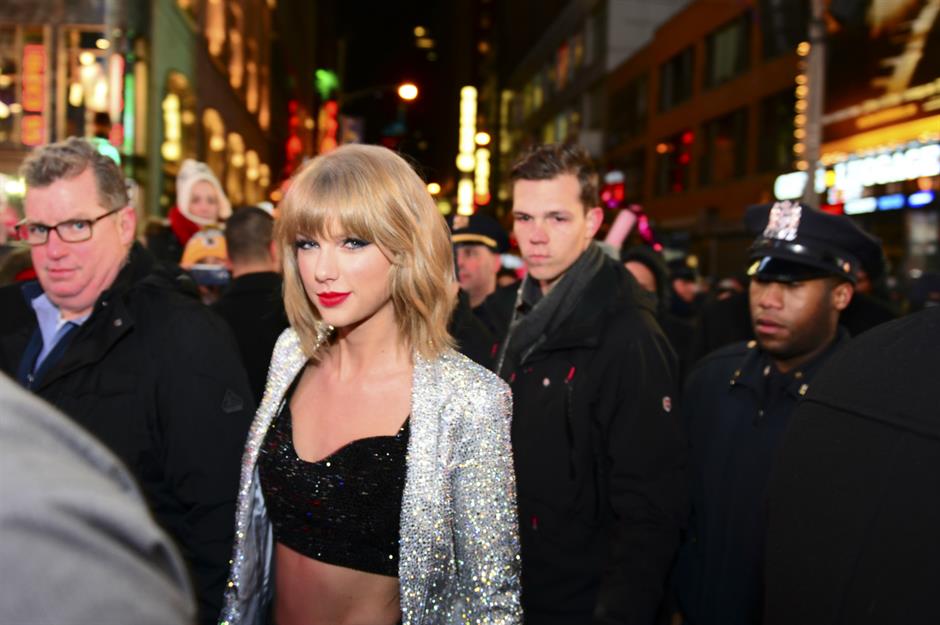
In 2015, Taylor Swift was about to go on her 1989 World Tour, starting in Tokyo. Before that kicked off, Swift decided to trademark some of her lyrics such as "this sick beat" from her song Shake It Off, "Nice to meet you, where have you been?" and "Party like it's 1989".
Taylor Swift's lyrics
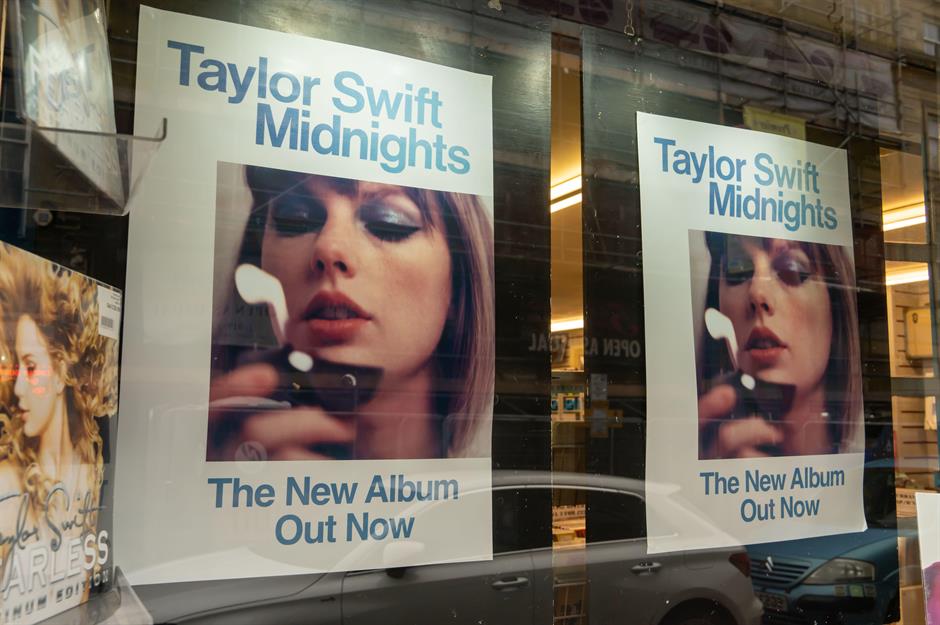
The main reason behind the flurry of 37 trademark applications was thought to be for merchandising. While many of the phrases haven't been used for Swift's merchandise, the trademarks protect her lyrics against those profiting from her work with fake products.
More recently, Swift has filed trademark applications for phrases including 'Taylor Swift The Eras Tour' and 'Midnights Mayhem With Me', a reference to the TikTok series in which she revealed the track list of her 2022 album Midnights.
The devil horns sign

KISS frontman Gene Simmons has been making the 'devil horn' symbol with his hands for years and is seldom photographed without striking this distinctive pose. So in 2017, after four decades of waving his hands around, he decided to obtain a legal trademark for the gesture.
The devil horns sign
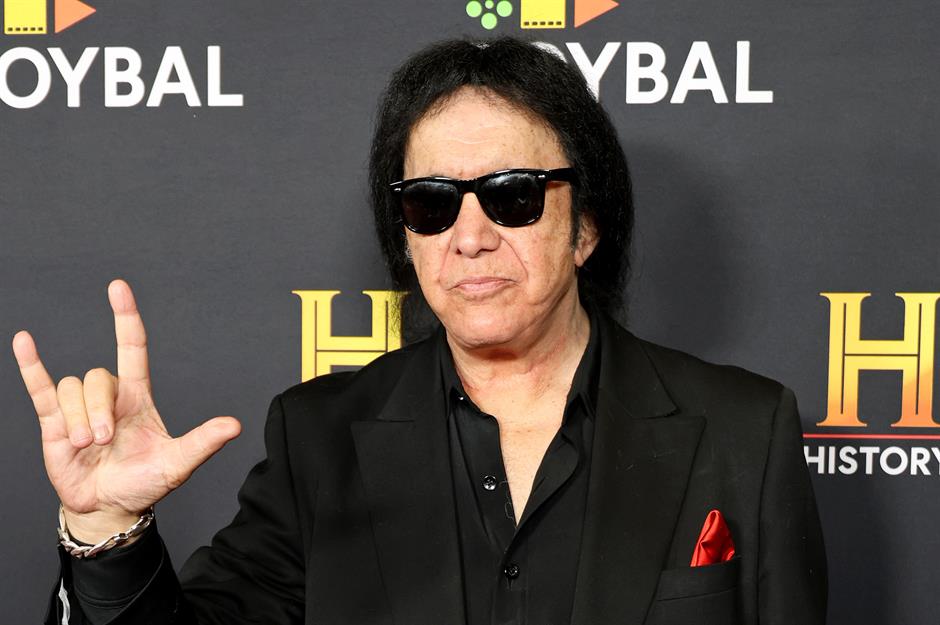
It failed though because what Simmons thinks of as 'devil horns' actually means 'I love you' in American Sign Language. Simmons was forced to drop his trademark attempt less than two weeks after filing it.
Kit Kat's shape
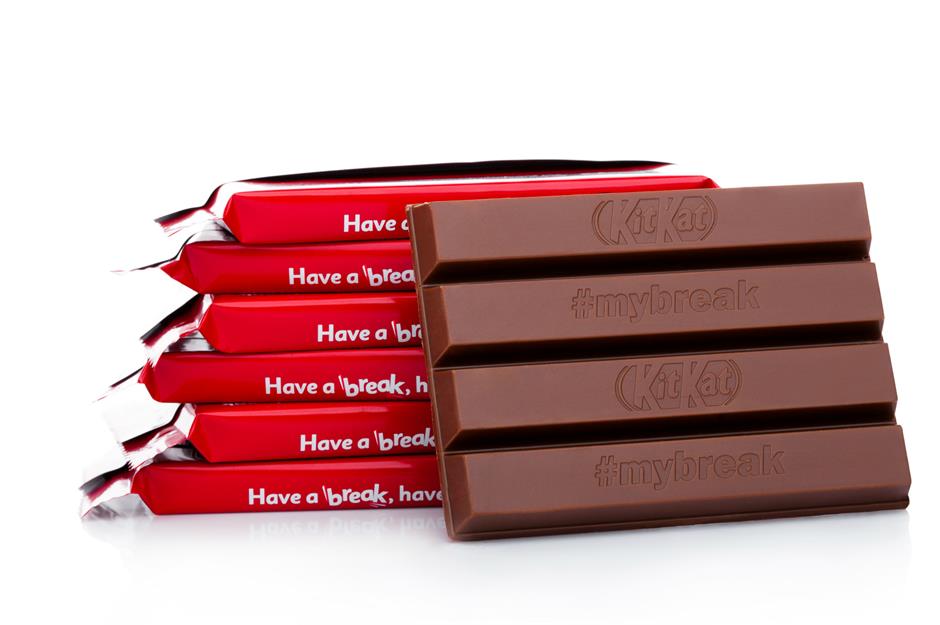
Despite the fact that rival products such as the Norwegian chocolate bar Kvikk Lunsj already existed, in 2006 Nestlé secured the European trademark for the Kit Kat's shape, or "four trapezoidal bars aligned on a rectangular base". However, Kvikk Lunsj contested this...
Kit Kat's shape
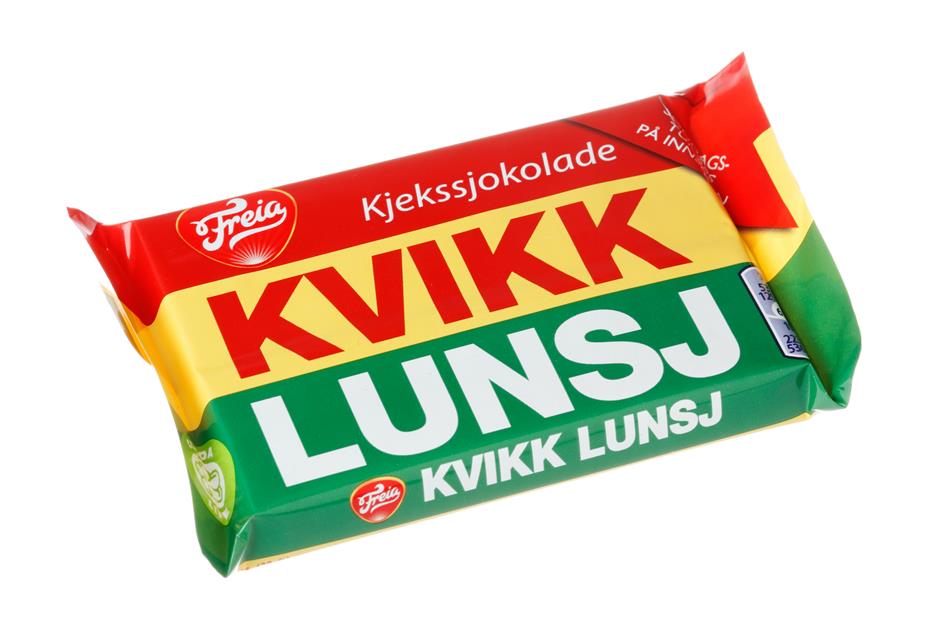
In 2016, Nestlé was told by an EU court that it had to prove that Kit Kat was recognisable in every EU nation. But Nestlé wasn't able to do that for all countries, and its trademark was removed. The confectionery company appealed, but in July 2018 it lost the case.
Doctor Drai's name
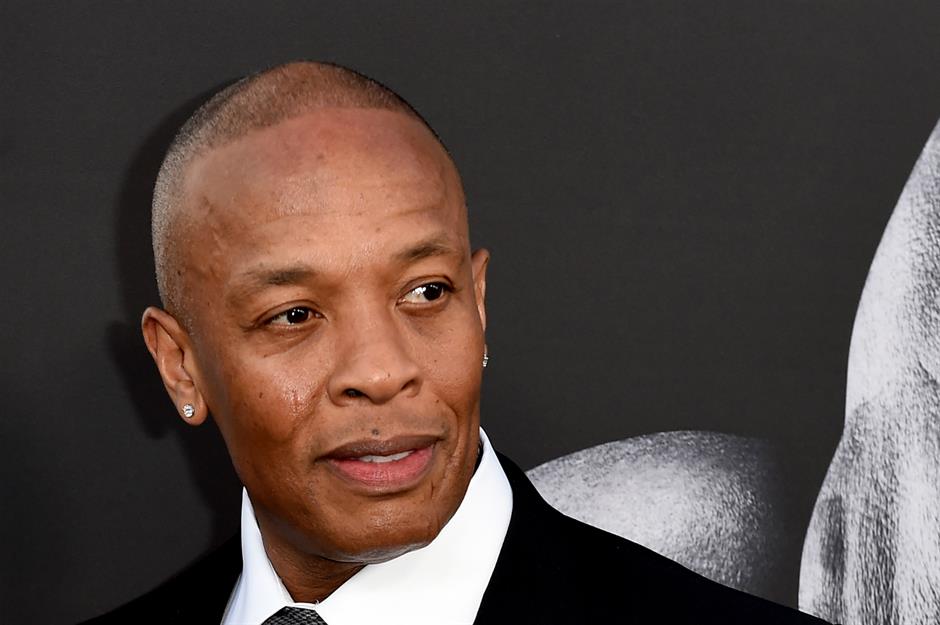
In 2015, when Pittsburgh gynaecologist and media personality Dr. Draion M. Burch tried to trademark the shortened version of his name – Doctor Drai – rap mogul and record producer Dr. Dre wasn't too impressed.
He argued that the gynaecologist's speaking events constituted entertainment and could lead to mix-ups between the medical doctor and himself.
Doctor Drai's name
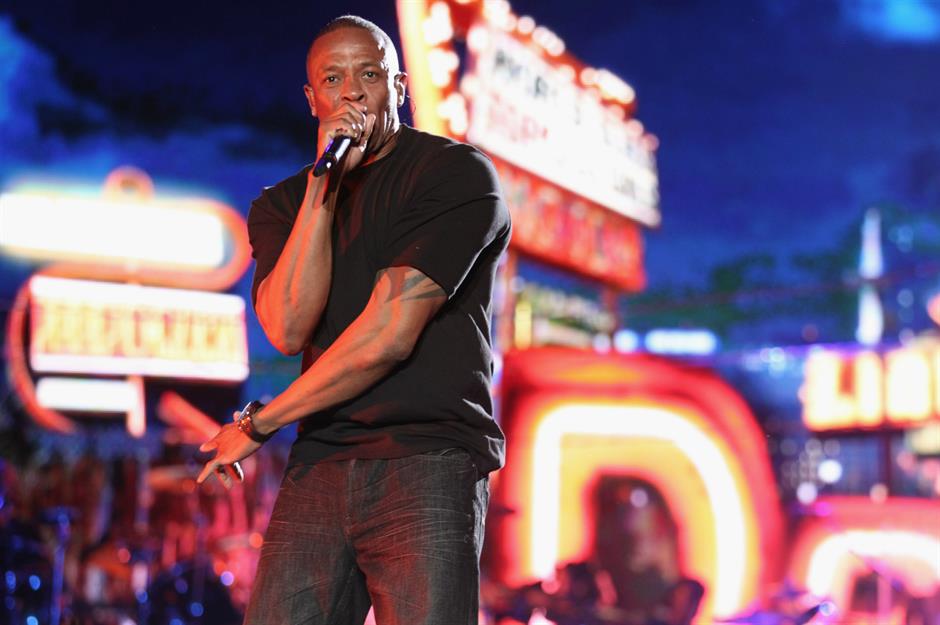
However, in May 2018, the courts ruled against the former N.W.A rapper and Beats headphone co-founder, meaning that Doctor Drai was able to trademark his similar-sounding moniker.
Cadbury's purple wrapper
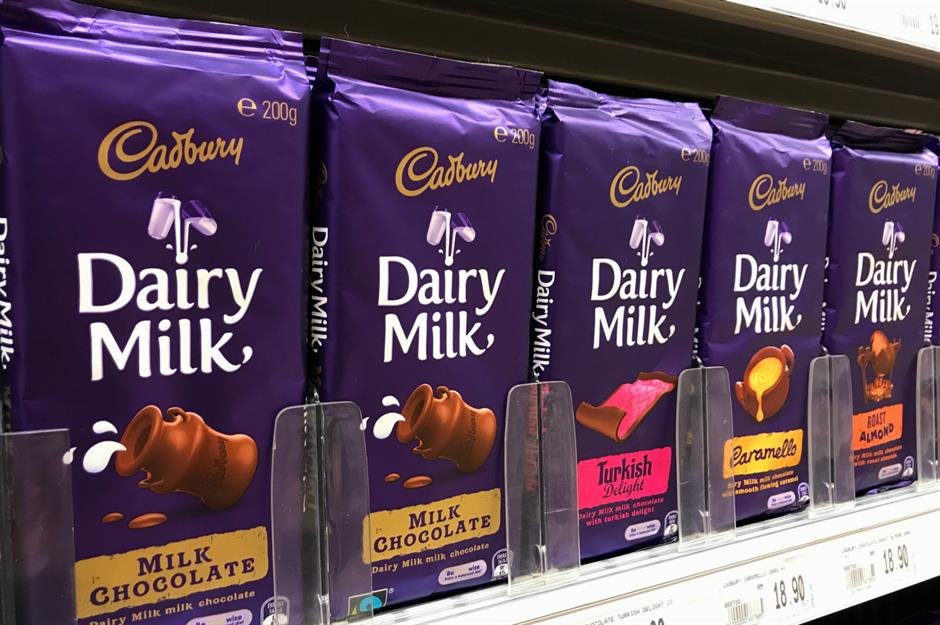
Cadbury won the trademark for the distinctive purple hue – Pantone 2685C, if you're wondering – of its wrapping in 1995. However, when it attempted another trademark for any use of the colour purple on packaging, its rival Nestlé challenged it and won.
Since 2013, Cadbury only owns a trademark for purple "applied to the whole visible surface, or being the predominant colour applied to the whole visible surface". But the business tried again...
Cadbury's purple wrapper
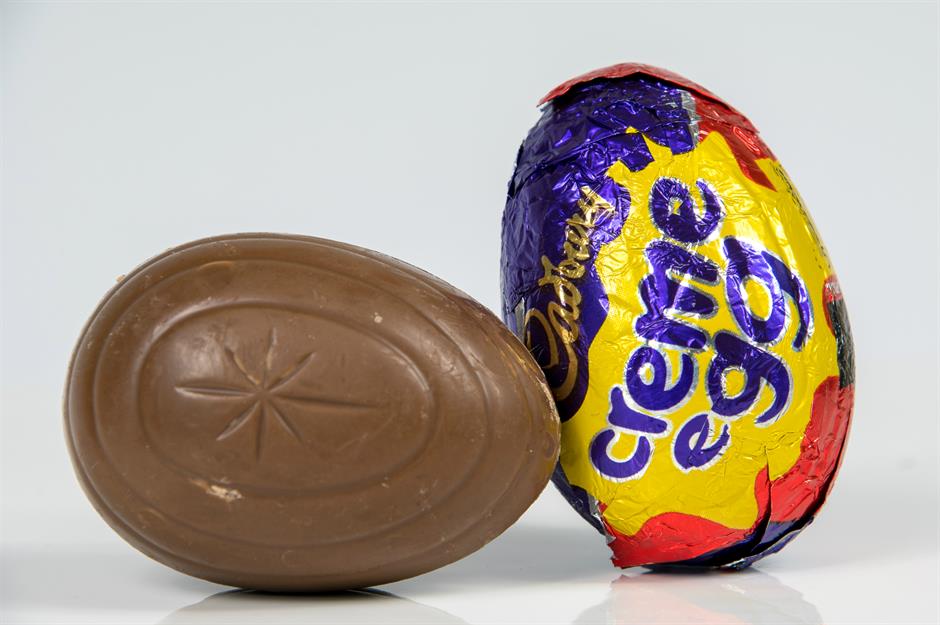
In late 2018, Cadbury filed for a trademark that would protect its purple even if featured on only a small part of a chocolate's packaging. However, this was rejected, meaning that the Cadbury purple is at risk of being used by other confectionery brands.
The name Kylie
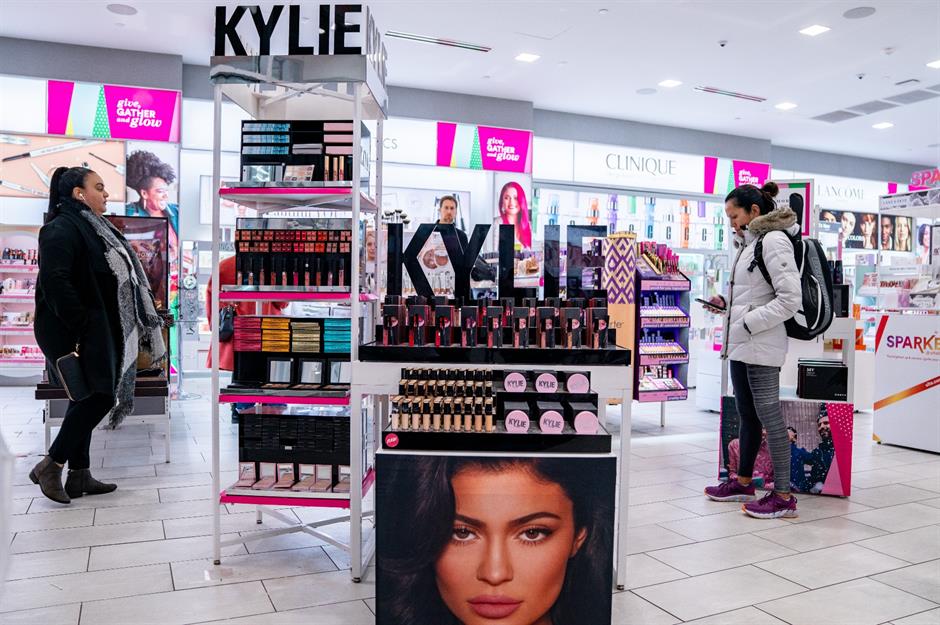
Ahead of the launch of her now super successful make-up brand, Kylie Cosmetics, reality star turned entrepreneur Kylie Jenner attempted to trademark the name 'Kylie' in 2014.
One person less than happy with the proposal was another famous Kylie, Australian pop star Kylie Minogue, who argued that the trademark filing infringed upon her brand, which she'd been building for decades.
The lawsuit noted that Minogue had been selling clothes and perfumes marketed under her first name since 1996, one year before Jenner was born.
The name Kylie
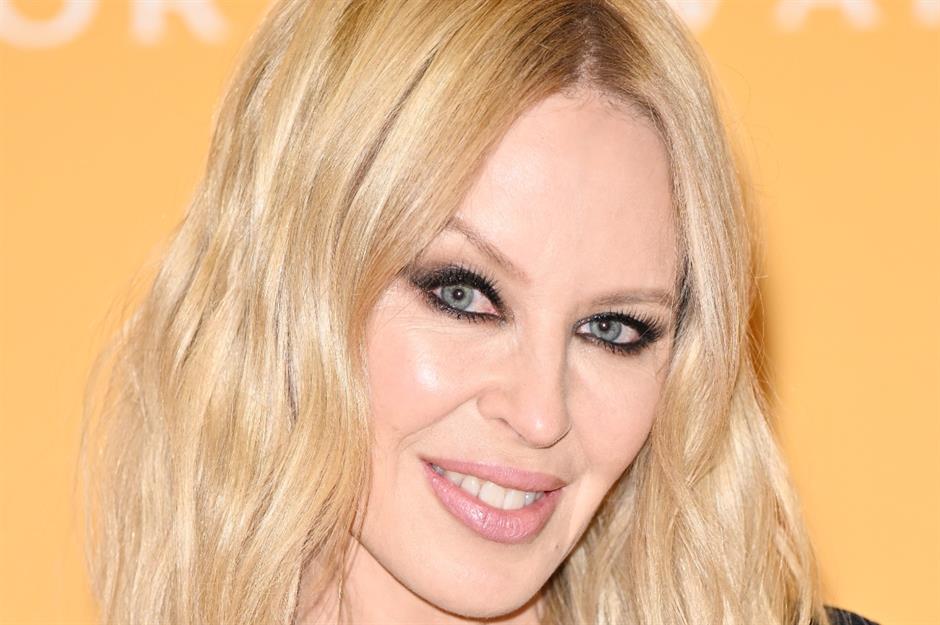
Minogue successfully blocked the trademark in 2017, and thanks to her, the name Kylie remains non-proprietary.
It looks like Minogue has no hard feelings over the battle though. She revealed on Watch What Happens Live With Andy Cohen, "It was just business, obviously" and went on to add, "Look, when I was named Kylie, I think I met one person older than me called Kylie. So it’s kind of unusual."
The Batman logo
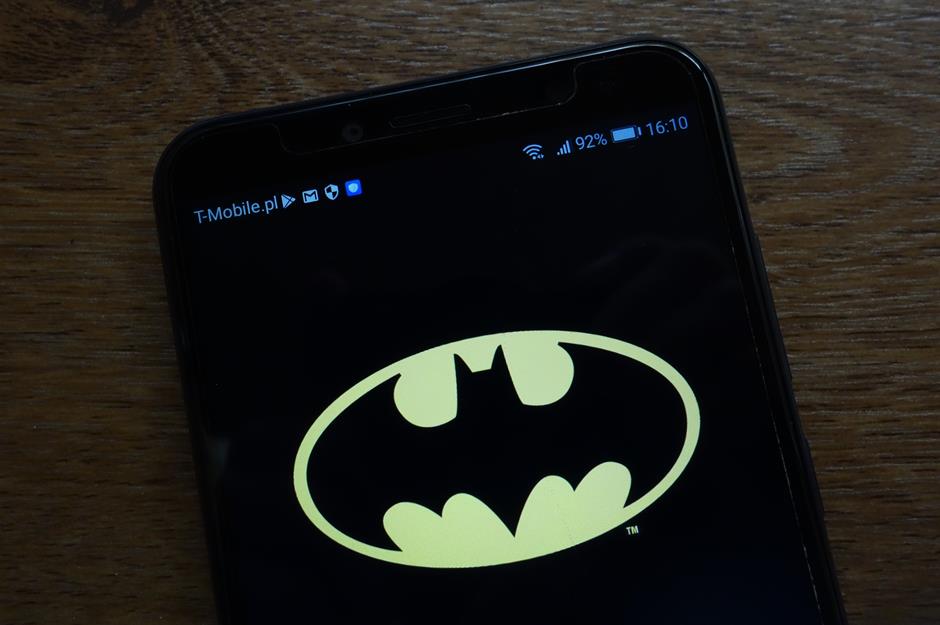
Forget the Joker – Batman faced a new foe in 2019 when Italian company Commerciale Italiana Srl asked the European Union Intellectual Property Office (EUIPO) to partially annul his trademark.
Warner Bros Discovery's DC Comics trademarked the Batman logo in Europe more than 25 years ago, but Commerciale Italiana Srl filed a request for the mark to be annulled for "clothing and carnival items".
The Batman logo
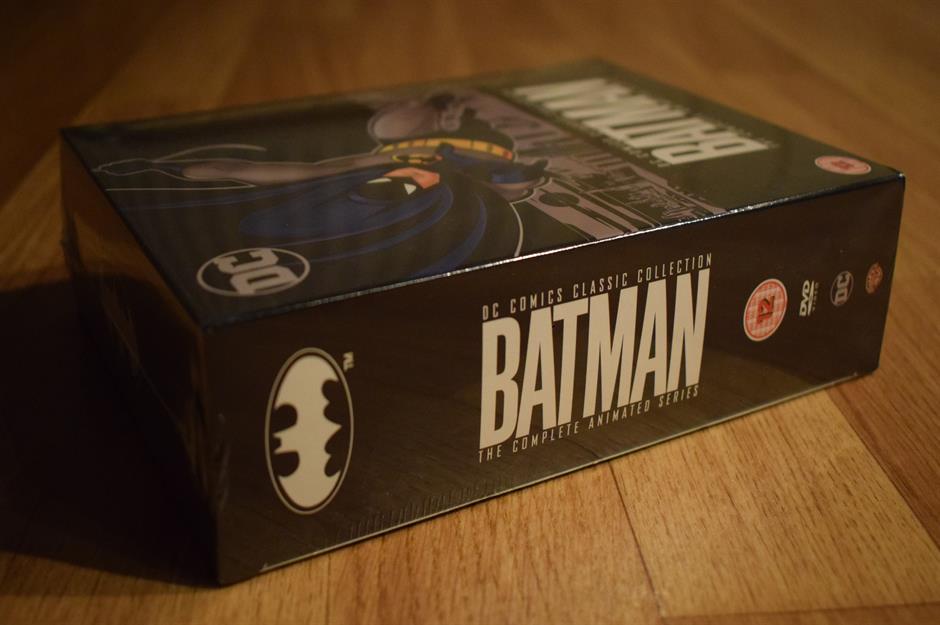
The Italian company reportedly wanted to use an image of a black bat inside a white oval on some of its products, arguing that people wouldn't necessarily associate the symbol with Batman. Unsurprisingly, the EUIPO rejected the request. However, Commerciale Italiana Srl wasn't prepared to let the matter lie and escalated their application to the European General Court, which also ruled against the retailer.
"The evidence submitted to the General Court is not sufficient to show that the EU trade mark representing a bat in an oval surround was devoid of distinctive character on the date of filing of the application for registration," the Court ruled.
Now discover the everyday words that are actually brand names
Updated by Alice Cattley
Comments
Do you want to comment on this article? You need to be signed in for this feature